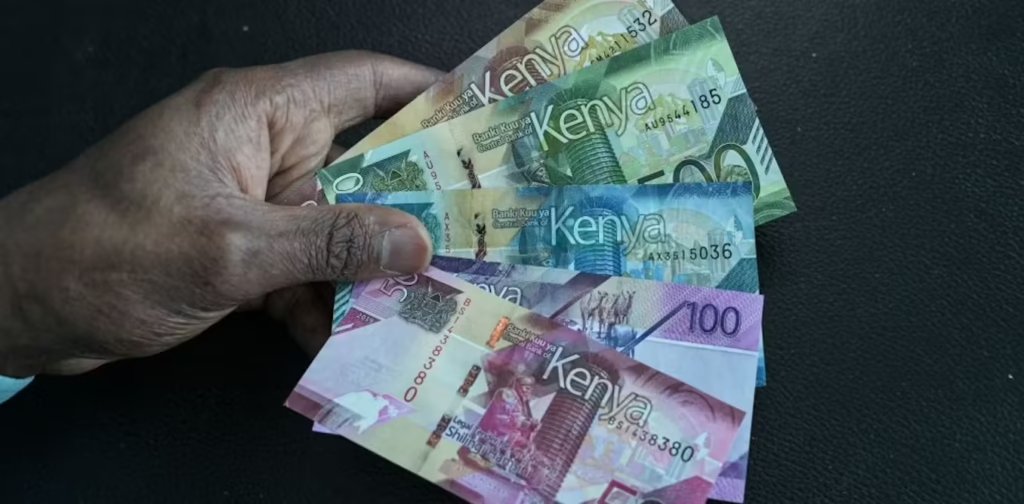Kenya’s entire economy has weathered many storms including quiet loans landscape, weak inflows of diaspora remittances as well as foreign borrowing that has in the past continued to put pressure on the demand for dollar.
It is good news that as of mid this year, Kenya’s forex reserves stood at about $11.2 billion, powering the country’s exchange reserves. Nonetheless, a credit ratings agency, Standard & Poor’s (S&P), has upgraded Kenya’s long-term sovereign credit rating to B (from “B-”), speaking to a stable outlook.
“The upgrade reflects our view that Kenya’s near-term external liquidity risks have receded,” S&P said in a statement released on Friday, August 22.
“External data revisions, coupled with strong performances in coffee exports and diaspora remittances, supported a narrowing of Kenya’s current account deficit to 1.3% of GDP in 2024, from 2.6% in 2023.”
The agency added that the “easing circle” was powered by not only strong export performance, particularly in horticulture, tea, and minerals, but also stable exchange rate dynamics and limited inflation, which was 4.1 percent in July 2025.
Private sector credit uptake has grown as well and is anticipated to accelerate further after the government clears supplier and contractual payment arrears, which should power overall GDP growth, despite numerous economic shocks such as commercial banks being hesitant to reduce lending rates.
“The upgrade reflects our view that Kenya’s near-term external liquidity risks have receded… these improvements strengthened Kenya’s FX reserves to a record-high $11.2 billion in July 2025, up from $6.6 billion at year-end 2023,” S&P said.
The agency also noted that robust export earnings and diaspora remittances are some of the factors that strengthened Kenya’s foreign exchange reserves. Kenya’s $1.5 billion Eurobond issuance and concurrent buy-back operation in February 2025 also helped lower Eurobond principal repayments to $108 million annually over 2025-2027, from $300 million previously.
“We project the government’s total external debt amortizations will therefore remain manageable at $2.7 billion in the fiscal year ending June 30, 2026, and at $3.8 billion in fiscal 2027.” Credit rating is a vital economic asset.
Most countries depend on foreign investors to buy their debt, and these investors mostly rely on credit agencies’ credit ratings before anything else. Access to international capital and the capacity to draw in other types of funding, such foreign direct investment, are other benefits of having a good credit rating.
It is on the back of this that the “B” credit rating from “B-” is an improvement, generally indicating Kenya’s economic and financial stability.
There is linear correlation of stability of a nation or its credit rating vs. how businesses and investors make decisions – a business wishing to establish a plant in a certain country, for example, may first evaluate the stability of that country by looking at its credit rating.
The new S&P revised rating has truly shows Kenya is on the right path.


